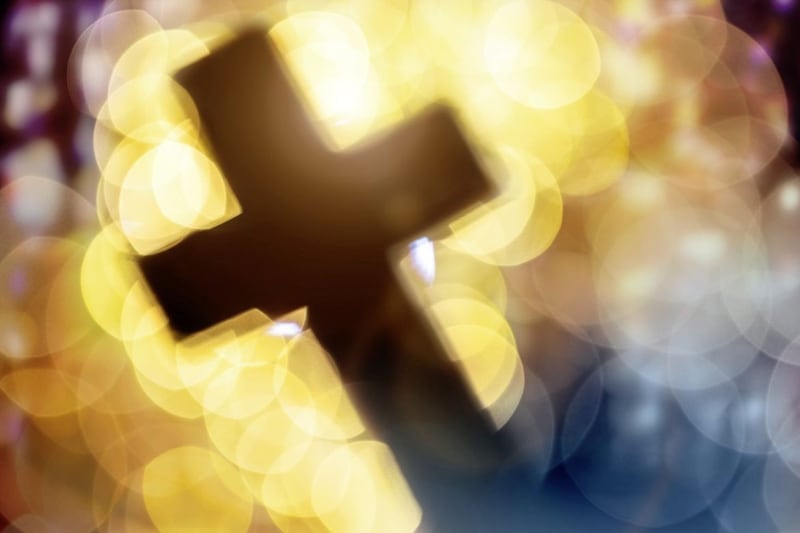When former British soldier Rev Andrew Rawding returned to the republican heartland of Coalisland ten years ago to take up ministry he was retracing a dangerous journey he first undertook as a British soldier two decades earlier.
For the last decade he has served as a Church of Ireland minister in the Co Tyrone village, which for decades was on the frontline of the Troubles.
Last week he was thrust into the public spotlight when he announced his intention to step down as a minister over what he describes as the Church of Ireland's 'homophobia'.
While Coalisland has been his home for almost a decade he revealed that it was also in the staunchly republican village that he led his first British army patrol 30 years ago next month.
"I can still smell the smoke from the chimneys," he said.
"I have 30 years of a connection with Coalisland."
Read More
- Rev Andrew Rawding believes church authorities will never accept him
- Former British soldier turned minister reveals he regretted not killing members of the IRA
He said that his return to the village was by coincidence and not by choice after he was turned down for other clerical appointments.
"I didn't deliberately chose Coalisland," he said.
"I was still googling possible options within the Church of Ireland because I had children living over here and Coalisland came up.
"I literally thought to myself that if God's got a sense of humour I might as well give this a go but this will be the last throw of the dice."
He reveals that despite feeling distant from Church of Ireland authorities, he was welcomed by the people of his new home town.
"It was clear the Church of Ireland doesn't want me," he said.
"And the people of Coalisland accepted me and I think it's been an absolutely amazing time."
He admits his return to Coalisland was a nervous experience.
"Yes, when I first came to Coalisland I was apprehensive because I am a former British army officer," he said.
"And of course I was mindful of what people within Coalisland might think of me."
He reveals that although not directly involved, his unit was on standby in February 1992 when four local IRA men were shot dead by undercover British soldiers at Clonoe, near Coalisland.
Rev Rawding revealed that over the years he has developed relationships with relatives of those killed by the British army and part of his journey has involved "reaching out to former combatants", including members of the IRA and INLA.
The churchman admits he has come to a better understanding of what may have motivated those he once viewed as his enemy.
He also reveals that he has forged friendships with relatives of IRA men killed by the British army.
Mr Rawding said he had been "coming to an understanding, I suppose, of what it was all about. Young men caught up in violent conflict."
uring the Troubles dozens of people in the wider Coalisland area were killed, including members of the UDR and RUC.
Some of those who died and their relatives belong to the local churches served by Rev Rawding.
The cleric constantly encounters the grief felt by members of his own congregations who have also suffered loss as a result of the Troubles.
"One of the issues is the devastation and the heartbreak for people within my parishes at these loses and added to that just the tension of having to live with their understanding or even their knowledge that this is local people who have been involved," he said.
"If not involved in the actual killing, involved in the set up.
"And I think its that sense of distrust that was built up which made it such a precarious place and kept the trauma going."
He believes little has been done to deal with the consequences of the conflict or the grief felt by members of his congregation.
"And one of these things in these communities is that there has been very little if anything to break the cycle of the trauma apart from the fact that people are getting older and dying," he said.
"That's just the horrendous situation."
The minister said that the people he comes into contact with of share common experiences.
"It's saying to people, look, it's not about them and us, everyone suffered here and everyone's suffering actually is the same type of suffering.
"It's only the labels or the upbringing that separates us."
- This article was amended on July 16 and July 21 2021






